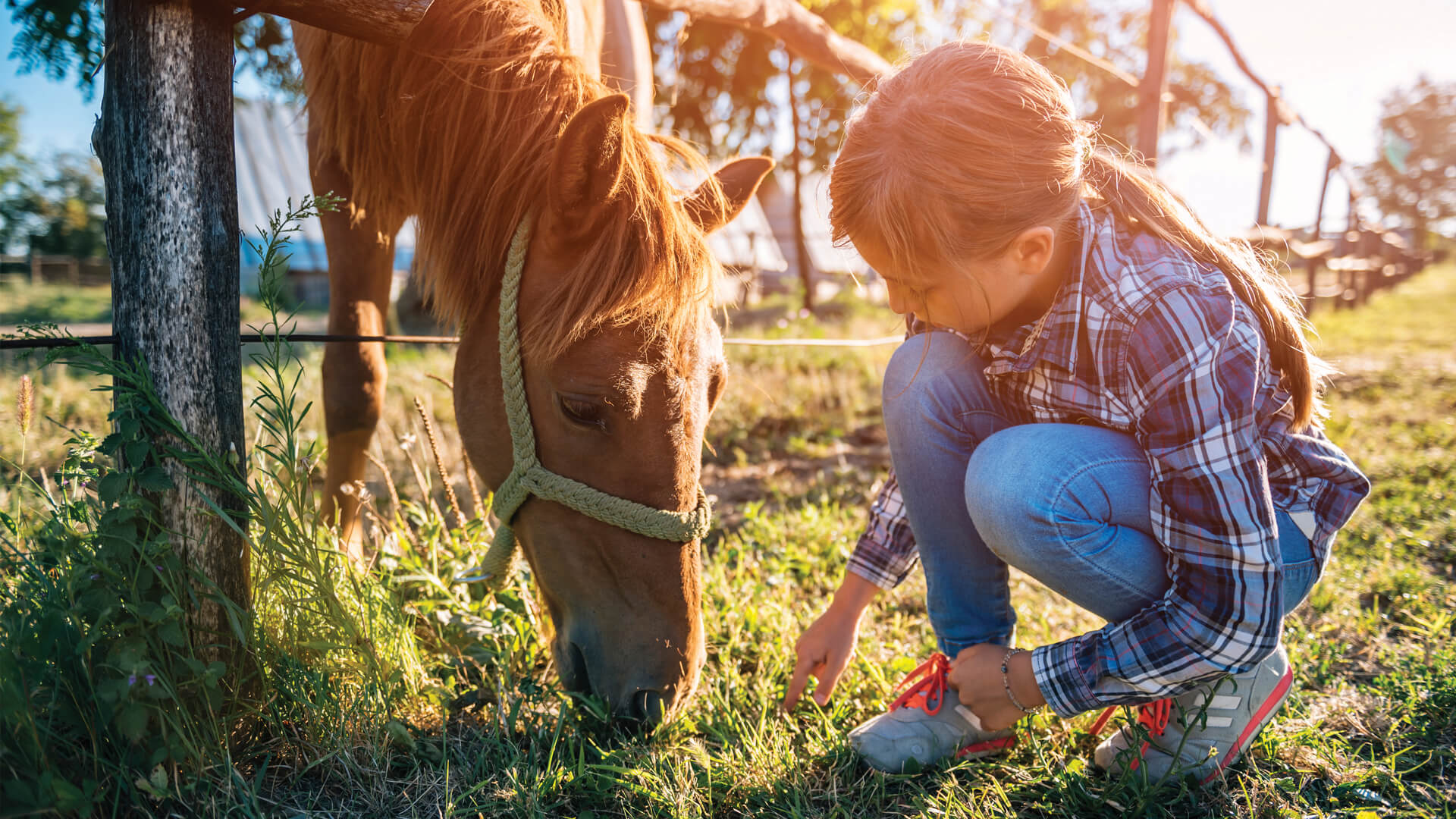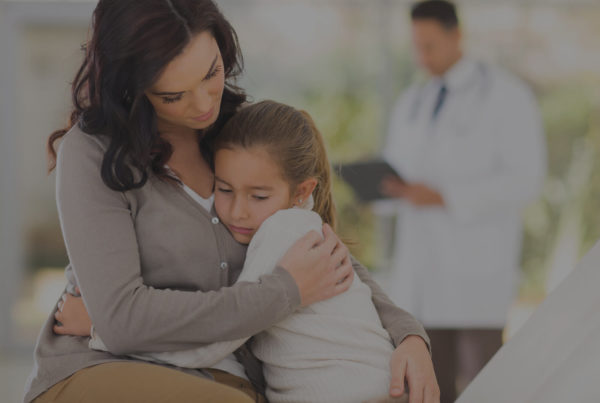For several years now KidsPeace has been TRICARE-certified for both adolescent residential treatment and psychiatric inpatient hospitalization services. Sometimes the treatment accomplishment of a youth in our TRICARE program is too wonderful not to share …
By Shannon Vanderlip
At times, successes can be masked by the emotions and behaviors of a youth. For those not trained to recognize and acknowledge growth, these golden nuggets of opportunity to build rapport and empower a youth can go unnoticed – little things, such as a youth taking one round of medication that day, or a child saying “thank you” or attending a therapeutic group for the first time. These are all successes to be recognized and celebrated. And when an adolescent comes along and makes progress by leaps and bounds through our treatment program, it means the world to us.
At the start of this year, our treatment team was challenged by a TRICARE youth displaying severe self-injurious behaviors. These behaviors resulted in her being placed immediately on a “level one” protocol, requiring her to be within arms length of staff at all times. Due to her presentation and severity of behaviors, this young lady would not speak with others and was unable to go to school.
It was at this time that a “Red Flag” meeting was called, which included residence staff members, behavior analysts, a psychiatrist and a nurse, clinicians, educators, and therapeutic recreation personnel. The result was a multiple step-by-step plan detailing an implementation and treatment process in order to keep her safe and moving forward in the program.
As the plan was implemented, the staff began to notice little successes: she began utilizing coping skills, talking to staff, and best of all, smiling. Soon it was time to transition to other environments.
Attending school in our educational setting was an important first step. A residence staff person went to school with her in order to provide support if needed. When it was deemed safe, residence staff support in the school environment was phased out. In addition to going to school by herself, she also progressed to “level two” precautions, meaning moving from within arms length of a staff person to remaining in a staff’s eyesight at all times. When at school or on the residence, she was beginning to recognize when she should take timeouts, or seek out staff to talk.
This process, from the initial “Red Flag” meeting to “level two” protocols, took about two months, and at that point she sought to be off all safety protocols. Staff members were initially hesitant, but following a weekly medication review the full treatment team made the decision to remove the “level two” precautions. Team members rushed back to the residence to tell her: she had made it off all protocols! All smiles, and jumping up and down, she had other residents and staff clapping and congratulating her.
As months went on, our young lady continued to grow – making friends, building a stronger relationship with her mother, and trying new things. About a month before her discharge, she was chosen to help the Creative Therapist experiment with a new group. This was not only new, but it was off grounds AND working with animals: our young lady was off horseback riding! She did so well with the group that upon discharge her clinician and mother got her involved in outside volunteer work, working with horses.
Time never stops, and the day had finally come: our young lady was being discharged home. She was ready with goals and plans, she was excited, and she was safe. We told her jokingly, “We never want to see you again! But we mean it in a good way.” She left with a huge smile on her face — moving on to bigger and better things.
Whenever a youth gets discharged from a program, it’s a success story not just for them, bur for our staff as well. As our young lady met each challenge and made treatment gains, we were all there with her, encouraging her every step of the way. And her story will only continue to motivate our staff in everything they do.
Shannon Vanderlip is Manager of Wright House, a residential treatment facility for adolescent females at KidsPeace’s Orchard Hills Campus in Orefield, Pennsylvania.
With both a TRICARE certified Residential Treatment Center and Psychiatric Hospital at Orchard Hills, KidsPeace provides a full, intensive continuum of care while maintaining the continuity of care providers within the same campus setting. Our Residential Treatment Program offers two houses designated for TRICARE youth, the Wright House for females and the Edison House for males; both serve adolescents ages 13-21 years old. The KidsPeace Psychiatric Hospital serves males and females, ages 6-20 years old. If you would like to find out more about our TRICARE-certified services, please contact KidsPeace Admissions at 800-8KID-123 (800-854-3123).






